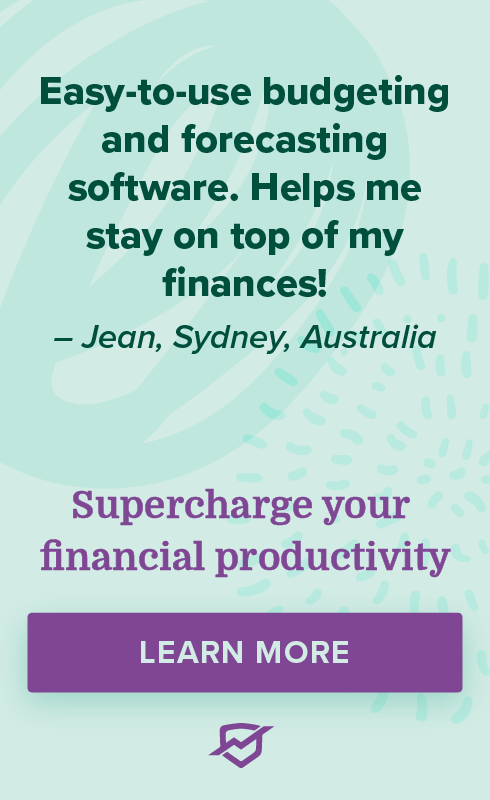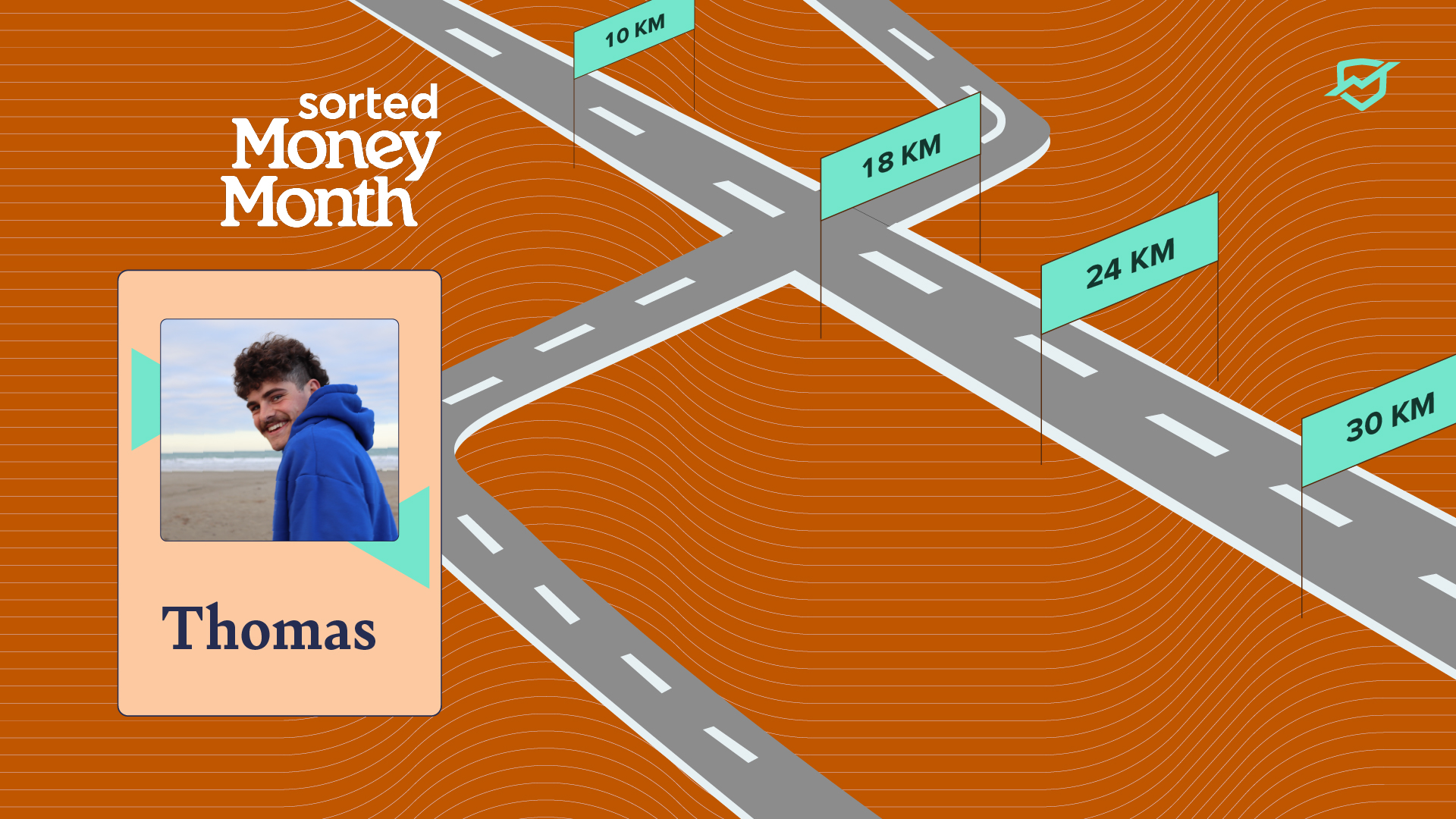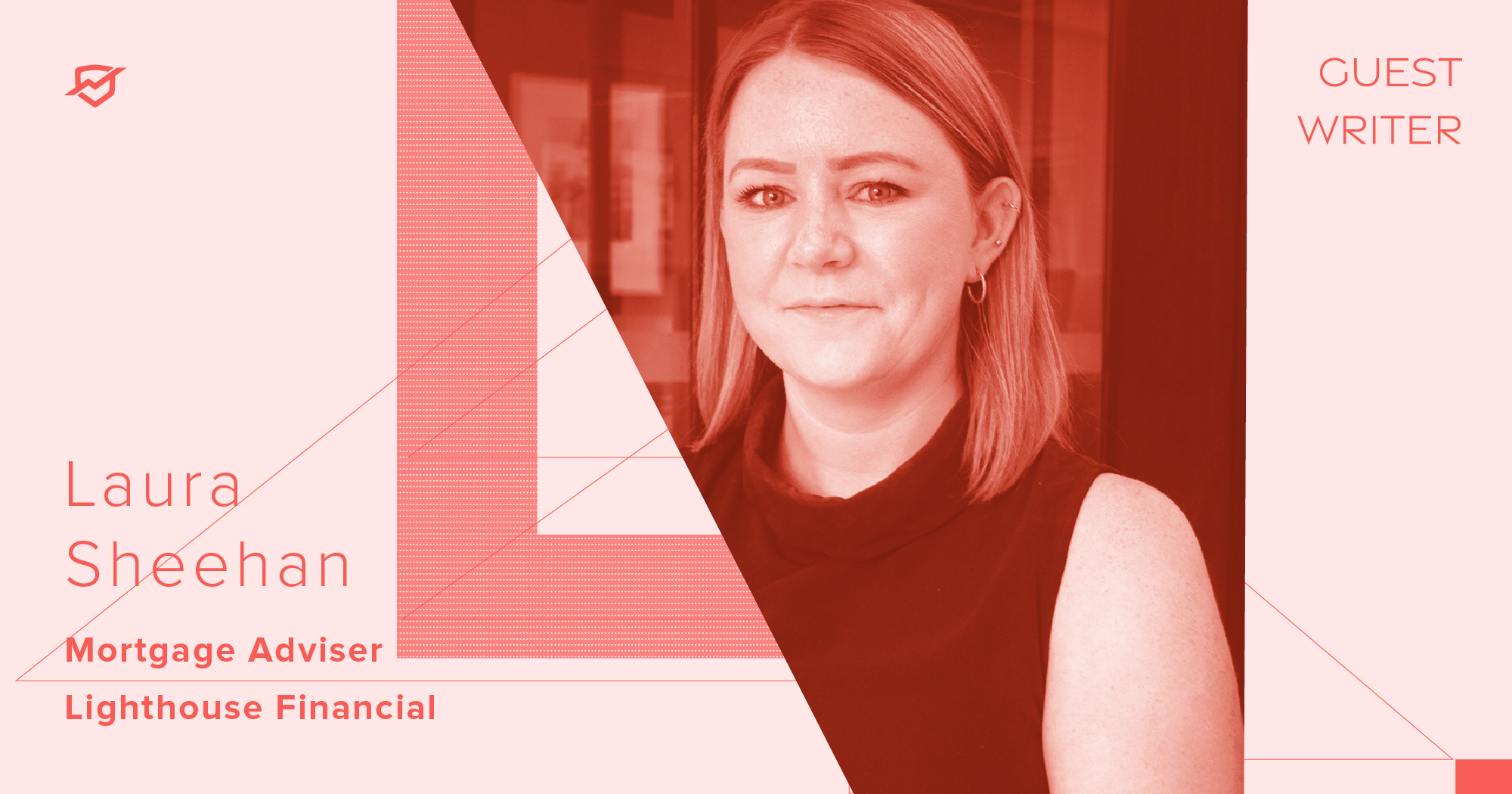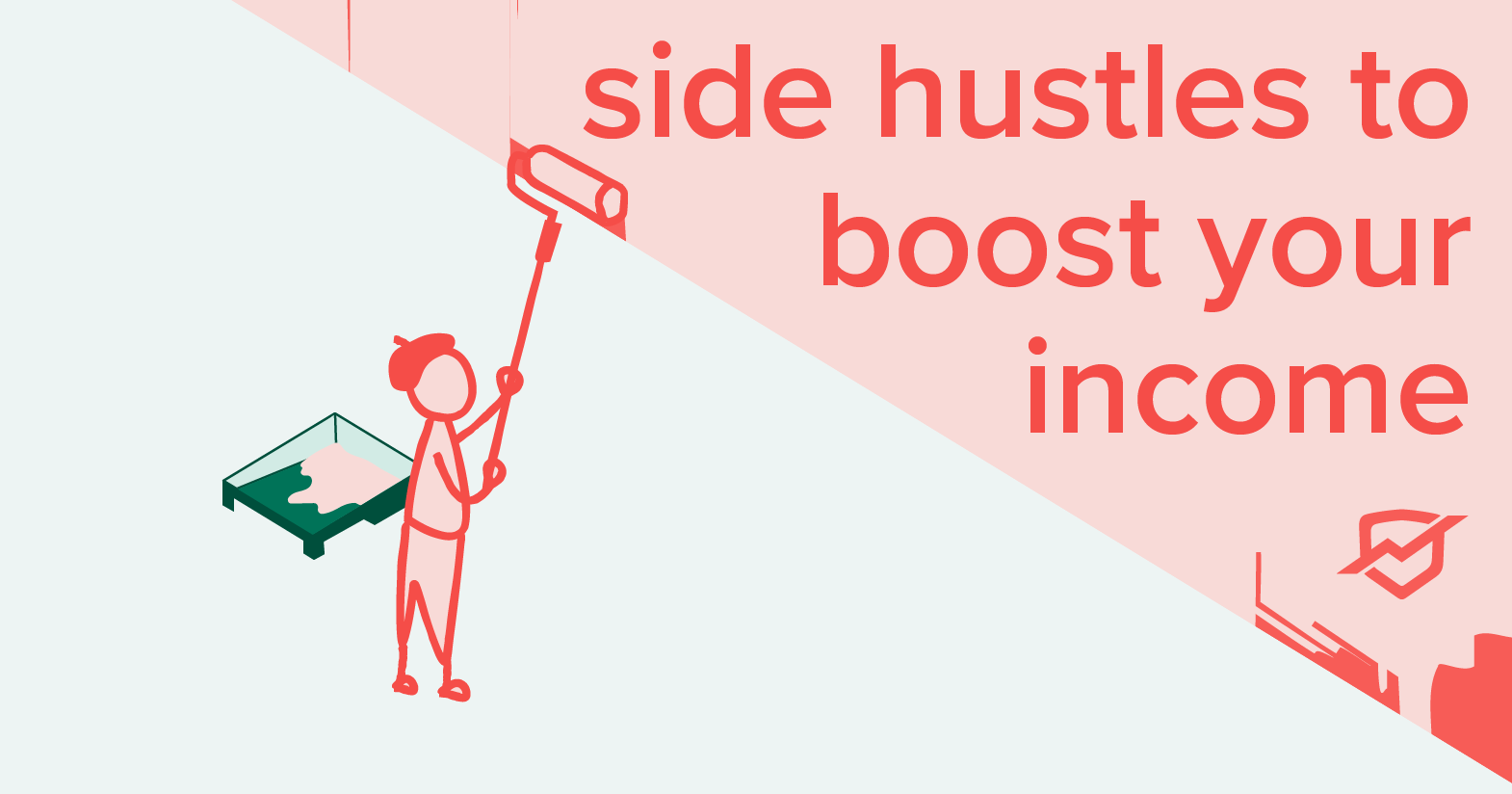
Money Milestones Q&A: Patti, First Home Buyer
Meet Patti, a 27-year-old sports podiatrist from Queenstown. Going from a carefree ski instructor to a first home buyer, she had to rapidly overhaul her financial habits to secure a townhouse. She candidly talks about the challenges of navigating the housing market, managing mortgage payments, and balancing financial goals.
Tell us a bit about yourself!
I’m Patti, a 27-year-old sports podiatrist living in beautiful Queenstown. I’m super passionate about keeping active, getting outside and living life with my partner and our blue heeler.
What is your approach to managing money?
I used to be terrible with money! Prior to studying, I was a ski instructor, traveling from season to season and generally enjoying a life of minimal responsibility. This usually involved a lot of pubs and pizza and not much chat about investing or saving. I was super passive and nonchalant about my KiwiSaver and where it went and was generally under the impression that you just held it with whichever bank you were with.
I had to have a long hard look at myself when my partner and I spotted these new-build townhouses here in Queenstown, selling off-plans for $650K, fixed price. We knew this was pretty much the only window we could get into the Queenstown market without a) a relative dying and subsequent inheritance or b) a million-dollar mortgage we definitely could not afford.
We weren’t planning to buy anytime soon so it required a really rapid 180 turn in how we were spending our money and time! This led to doing a lot of research around this, and now we approach our finances really deliberately. Separate accounts for different needs i.e. vet bills, our bills, rates etc. We routinely sit down and review our expenses and make sure we are always putting the right amounts aside for the right expenses.
How do you measure financial success in your life?
For me, I see financial success as not solely relying on your salary to get you by. Long term, I would love to have multiple streams of income, so if one takes a hit, it doesn’t mean end days. To be able to cover your outgoings with one income source and save another for the future would be the biggest feeling of success for me.
What was your biggest challenge in saving for your home deposit?
We were lucky enough to still have the First Home Grant when we were going for our place. Since we set our sights on a smaller, cheaper house, the grant and our KiwiSavers gave us our deposit. In retrospect, the deposit was the easiest part of the process for us!
We went unconditional on our place in October 2021, and then the following month, all of the Credit Contracts and Consumer Finance Act (CCCFA) changes came into effect. For the entire year following, while we waited for the build to complete, we had constant shifting goalposts of new rules and interest rates. It felt like every time we met with our mortgage broker, we had another thing we were spending too much money on or not earning enough from. Since we only had a 10% deposit, all of our finances were gone through with a fine-toothed comb to deem us ‘responsible’ enough for our mortgage.
The biggest thing I would recommend is to find any possible way to increase your income. There is only so much you can cut your expenses, especially with the cost of living currently, so any extra cash from a side hustle or pay rise would make a big difference.
How did you determine your budget for buying a house?
Since we were more or less dependent on the First Home Grant, our budget was limited to the price cap for the grant. At the time, the cap was $650K for a new build, something essentially unheard of in Queenstown, which is why we leapt on our place when we did.
What financial adjustments have you made since purchasing your home?
We had our interest rate go up about three times in the first year of owning our place, as we were on a discounted floating rate through ANZ. Our financial position changed pretty rapidly due to this, and on top of that, I also changed jobs which landed me a lower salary at the same time.
We felt insanely vulnerable with the thought of any surprise bills possibly crippling us, so we started trying to be as proactive as we could. We sold heaps of unwanted stuff we had around the house and got into the habit of doing routine reviews of our expenses to see where we could trim up and what we needed to concentrate our income towards. As I mentioned earlier, we have lots of little accounts for our separate needs and allocate the same amount into them each payday based on the monthly average outgoings for each. That helped us heaps, and keeping this habit has helped us out hugely in getting back on track now we are both back in a position of earning a bit more.
How do you balance mortgage payments with other financial goals?
The reality of the last couple of years is the mortgage has taken top priority. We have tried to save around that, but with ongoing increasing rates and cost of living, it was a matter of surviving for a while. We had to put some other saving goals, like a holiday, on hold and just focus on keeping those repayments going out on time. It was hard when you maybe see your friends going on their #eurosummers but we just had to keep in mind this pinch was only temporary, kept consistent, and now we are in a more comfortable position. It still is our #1 priority, but we have more wiggle room to spread the focus also.
How are you planning for home maintenance and unexpected expenses?
We have a House Account, and after all of our money is set aside for mortgage, bills etc, the rest gets funneled into that. We have set aside any wants for holidays and the like until we have a comfortable financial barrier again. We have a goal amount to hit that will sit untouched in case of emergencies, once we do that, our reward is to plan a holiday and start saving bit by bit for that. We generally hold a “Hope for the Best but Prepare for the Worst” approach to our finances after so many sudden changes in our first year of paying our mortgage.
What tips would you give to others looking to buy their first home?
The biggest thing I would recommend is to find any possible way to increase your income. There is only so much you can cut your expenses, especially with the cost of living currently, so any extra cash from a side hustle or pay rise would make a big difference. Having the deposit is a big win, but the main thing the bank agonizes over with you is the actual affordability of the loan, so get your finances as trim as possible in the three months leading up to when you want to apply for approval. I have heard they maybe aren’t as strict as they were when we went through the process, but there is no harm in a few months of temporary tightness if it increases your lending power!
This interview is part of New Zealand Money Month 2024. NZMM is coordinated by trusted personal finance resource Sorted, in partnership with the financial capability community, and it involves events all around the country to encourage New Zealanders to talk about money and develop greater financial capability. To further the conversation about money, we got in touch with everyday people to explore how financial priorities and challenges evolve through different life stages and milestones.




